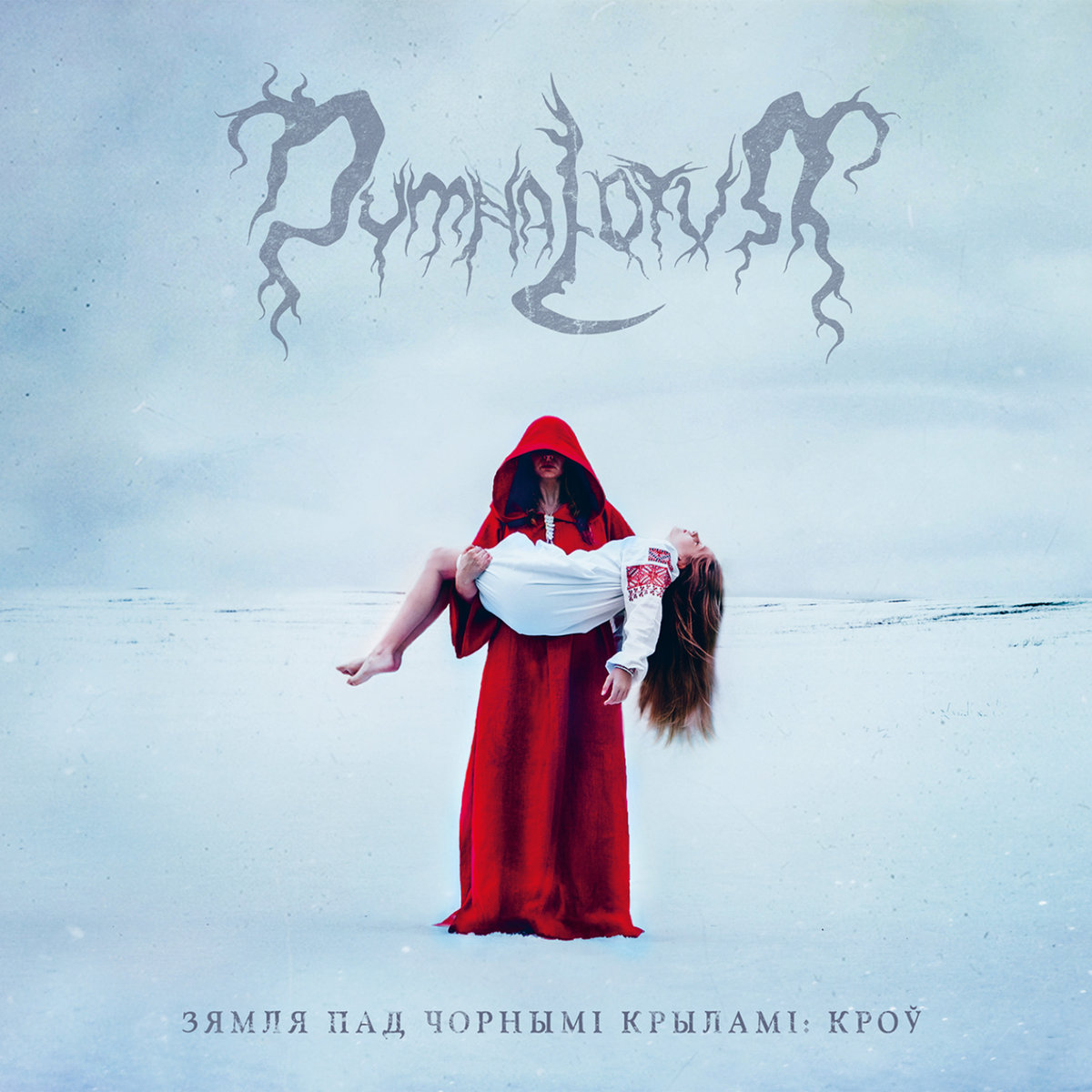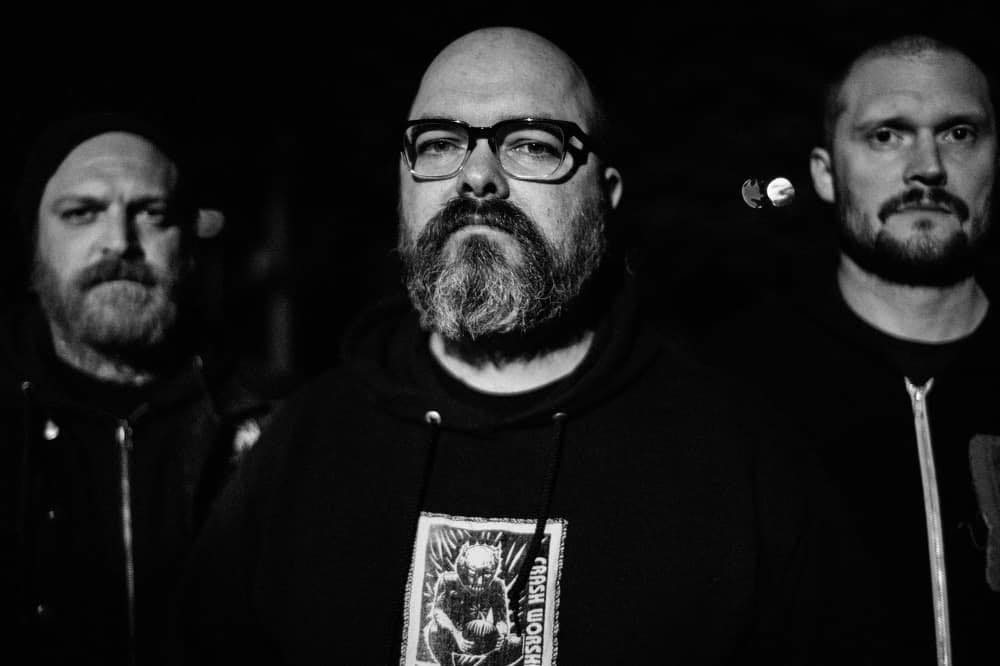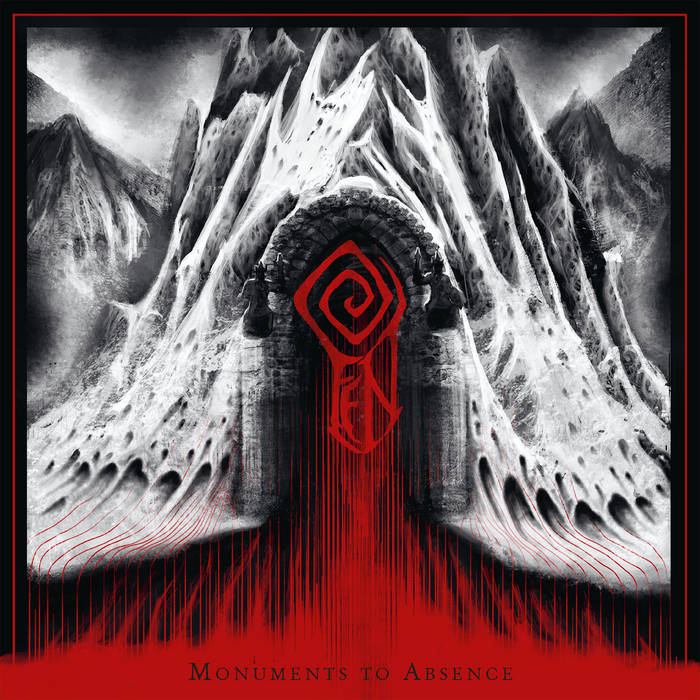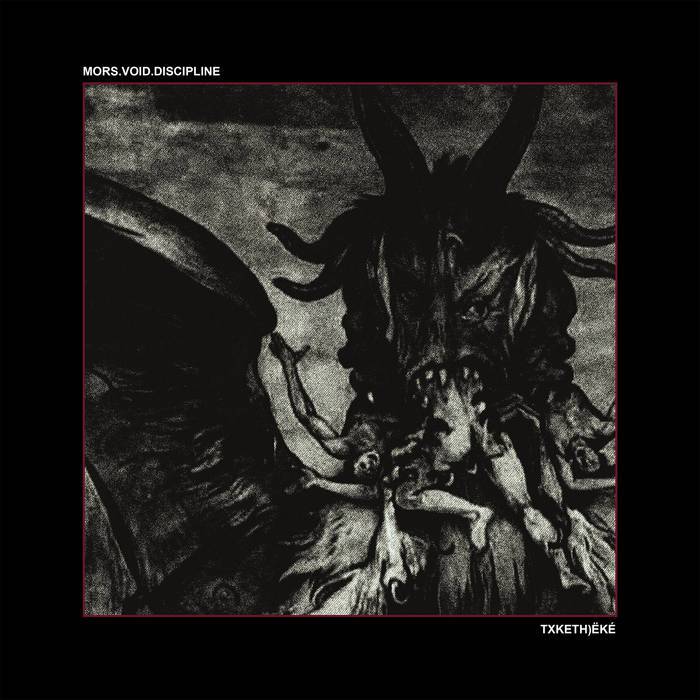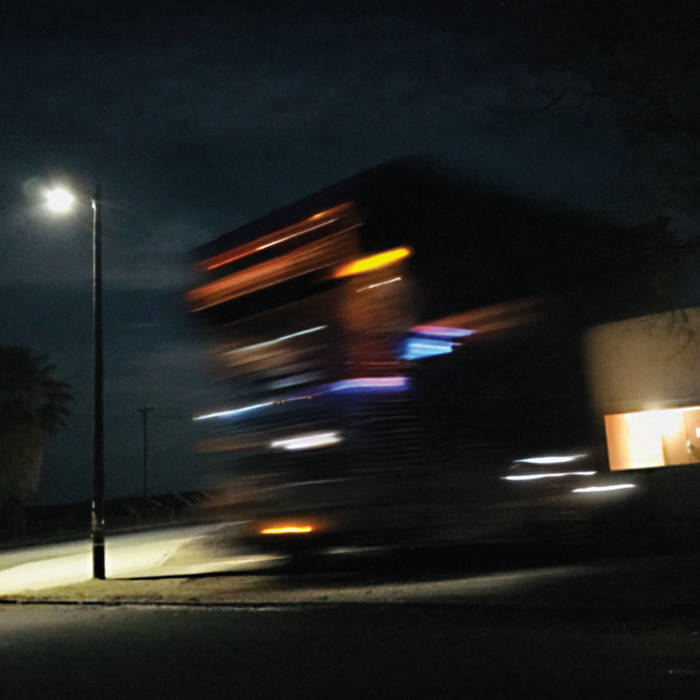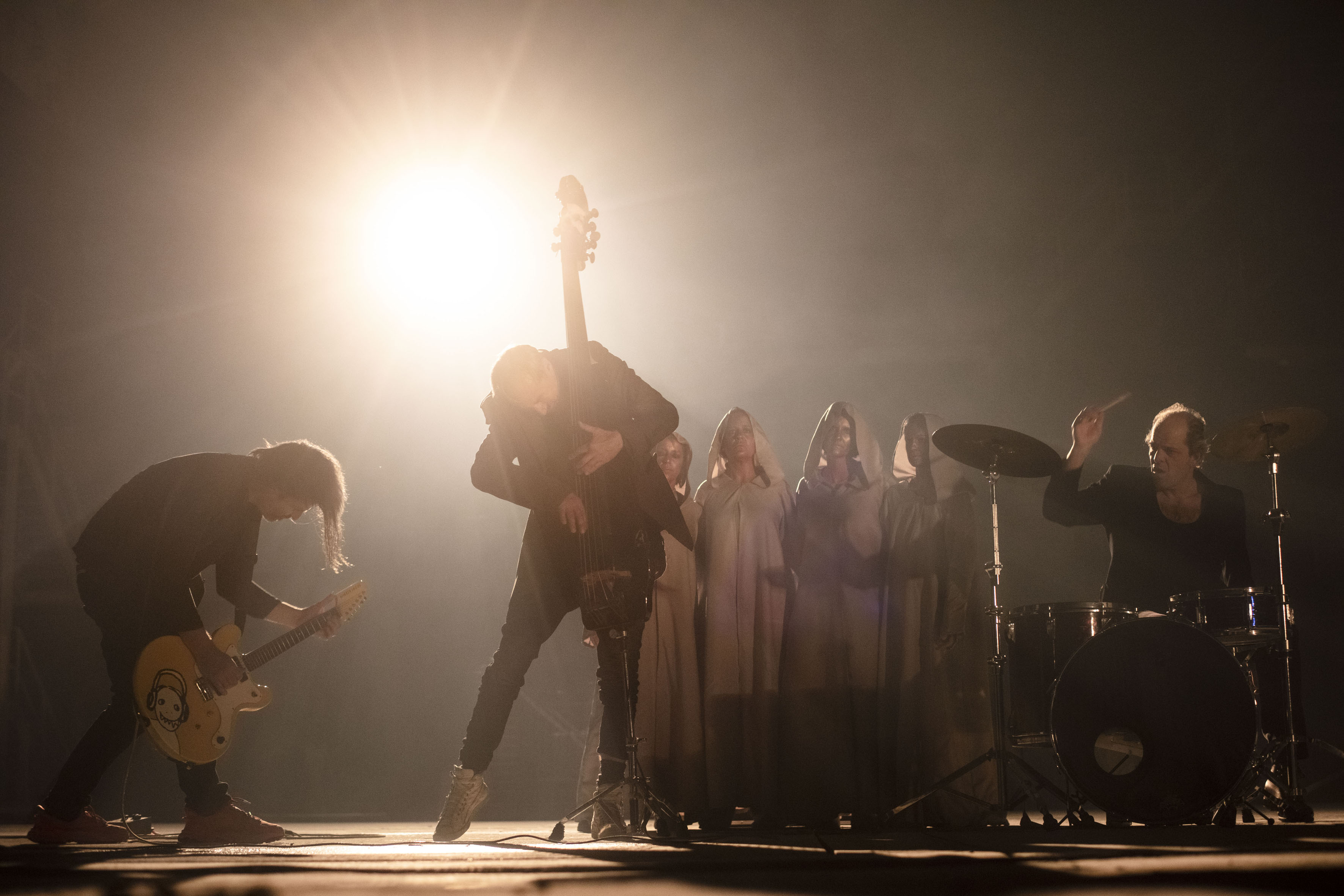War. What is it good for? Absolutely nothing!
Edwin Starr knew it, artists from all fields and eras have always known it. Obviously war has been a central topic of Heavy Metal and all its offspring since the early days of the genre’s inception. Yet surprisingly seldom has a band spoken of war as true from the heart and thus horrifying as the Post Black Metal band Dymna Lotva on their new album, whose Belarusian title translates to The Land Under The Black Wings: Blood.
My impression of this work evolved very quickly in three steps. The very first, admittedly very inattentive glance at the cover artwork made me think of Christmas, which of course couldn’t be more inappropriate.
But then I turned my attention to it at least a little more seriously and listened to the music for the first time, just skipping through the tracks really to determine if it was possibly worthy of my time. Then and there I already realized that this would be a special album from a band which treats and blends Black Metal, Doom and Folk / Classical influences in a similar way like the Romanians Dordeduh or the Ukrainians White Ward, who can both undoubtedly be ranked among the creative spearhead of contemporary Extreme Metal. And while Dymna Lotva didn’t seem to dive into completely foreign genres as deep and frequently as those groups do (especially White Ward with their Doomjazz affinity), something else made up for it, as I was immediately struck by the seriousness and emotional intensity of the vocals, a quality not found too often in Black Metal screeches.
So without even listening to the whole thing I ordered the deluxe double CD book edition (a common, always beautiful format at Prophecy Productions), which beside photographic artwork, original and translated lyrics also includes a foreword and extensive liner notes to each track. Experiencing the album in full for the first time this way, following the content and its inspiration as it went along, something remarkable - and definitely a rare occurrence both in the realms of Post Black Metal and art which uses a language I don’t even speak - happened: I was profoundly moved and almost teary-eyed. The band surely isn’t subtle about evoking that reaction. The usage of children’s voices, traumatized narration samples and the aforementioned pained fury of singer Nokt Aeon that wouldn’t be out of place on Lingua Ignota’s Caligula will do that to you.
But then there is much more to it: Recorded before Russia’s latest war, yet in a climate of civil war between Putin’s puppet Lukaschenka and his own people, the album is based on a collection of eyewitness accounts of war crimes in Belarusian villages during Word War II. This idea is mixed with related more general themes like PTSD and it became more and more personal and political as the work evolved. The song “Смерць Цалуе Ў Вочы (Death Kisses Your Eyes)” for example was initially meant as a farewell of the singer to her Grandmother, but due to verses strikingly fitting to the circumstances of his death, it also became a requiem to the murdered Belarusian protest leader Roman Bondarenko. “Да Волі (To Freedom)”, which was originally intended to be the letter of a fictional soldier writing to his family from captivity, became a song about the band’s friend Lesley Knife from the group Gods Tower, who got arrested for filming a banned concert, got sentenced to three years in prison, but escaped - and even appears as guest vocalist on the track himself. The day after his trial, all activities of Dymna Lotva were forbidden in Belarus.
Eventually the group fled the country as well, out of all places straight into Ukraine, which soon afterwards became a war zone itself. So by no means The Land Under the Black Wings is merely a specific retelling of historical atrocities committed by Nazi soldiers, but a close and wide outcry against the human urge for war as a whole. The band stresses that Sovjet propaganda has buried the suffering the Belarusian people had to endure under their influence as well, and that reports from people surviving being buried in mass graves as the song “Яма (The Pit)” tells it, are not a thing of a far away gruesome past, but are still heard today, right here in Europe. “This album is about war – about what it really is.” Dymna Lotva close their foreword. “War must not exist.”
Talking about the sheer topical urgency and relevance one can forget to equally honour the power of this release as a total work of art. At the same time poetic and theatrical, but also bleak, brutally real and heartfelt. Presented in a rich musical environment, which combines multiple vocal styles and contrasts its Black and Doom Metal roots with cello, piano, accordion and occasional saxophone, it doesn’t only work as an impressive conceptual statement, but actually is a fantastic album, even if you wouldn’t know any of its background and judge it purely by its own audible merits. Its over seventy minutes playing time surely are a lot, but isn’t it a better fit for this album to possibly slightly overstay its welcome, rather than to end too soon. Because lasting too long - that’s an inherent trait of every war.

